Keywords: First World War
-
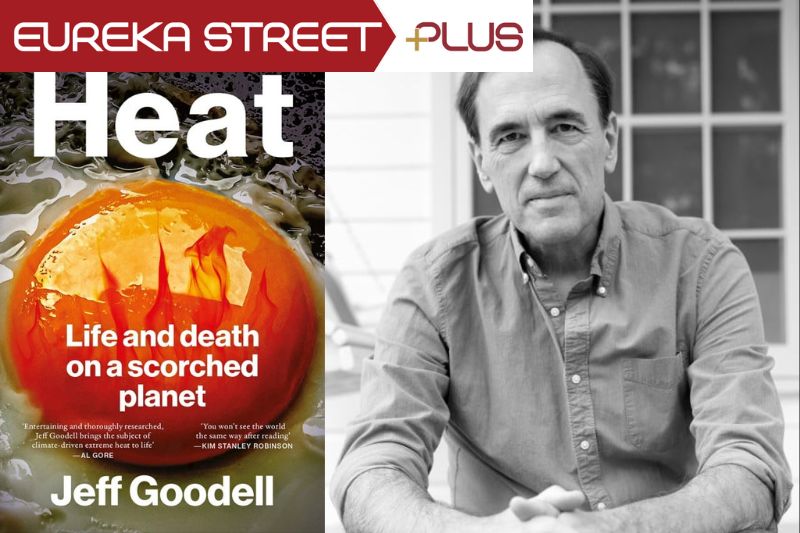
ENVIRONMENT
- David Halliday
- 11 January 2024
How will a warming planet impact us? In conversation with Eureka Street, longtime climate journalist and contributing editor for Rolling Stone Jeff Goodell discusses two decades of covering climate change, examining the effects a superheated world, and how humanity will need to adapt.
READ MORE 
-
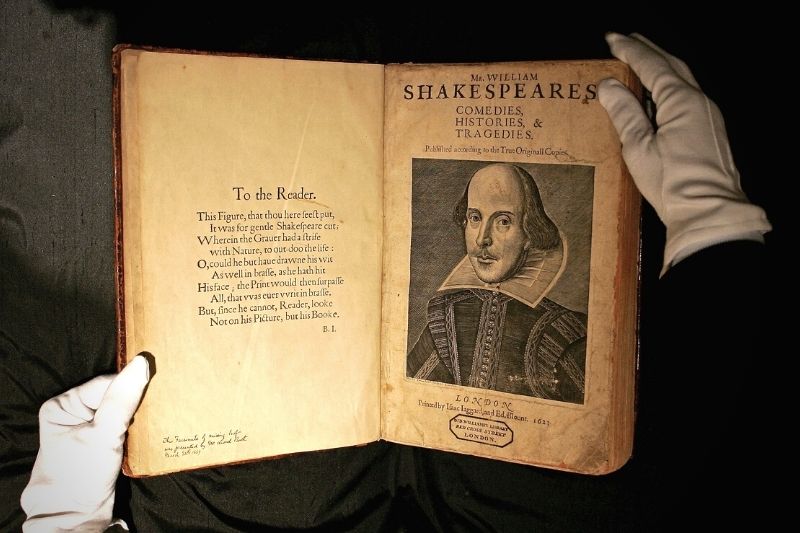
ARTS AND CULTURE
- Warwick McFadyen
- 16 November 2023
2 Comments
The First Folio was published in November 1623. Shakespeare didn’t live to see his plays gathered together in the one place. His universe of words, his meteors of wit and description, his galaxy of human frailties and strengths, his shrouds of darkness and rays of light, were collected and bound by colleagues after his death in 1616, aged 52. The world owes them profound gratitude.
READ MORE
-
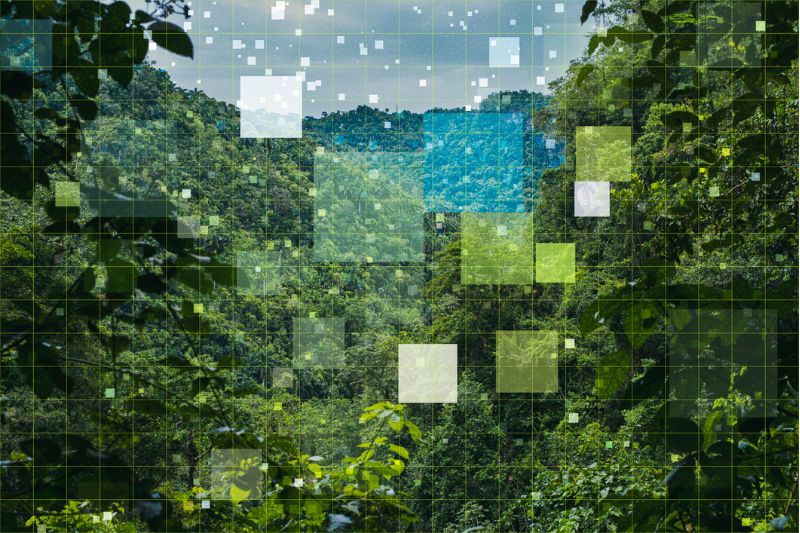
FAITH DOING JUSTICE
- Andrew Hamilton
- 31 August 2023
3 Comments
The immediacy of the climate crisis and the paradigm shift ushered in by Artificial Intelligence are reshaping our world, leaving the marginalised bearing the brunt. As technological advancements raise complex ethical questions, what does it mean to be socially accountable in an age where the lines between reality and illusion grow ever thinner?
READ MORE
-

ENVIRONMENT
- David Halliday
- 11 August 2023
How will a warming planet impact us? In conversation with Eureka Street, longtime climate journalist and contributing editor for Rolling Stone Jeff Goodell discusses two decades of covering climate change, examining the effects a superheated world, and how humanity will need to adapt.
READ MORE 
-
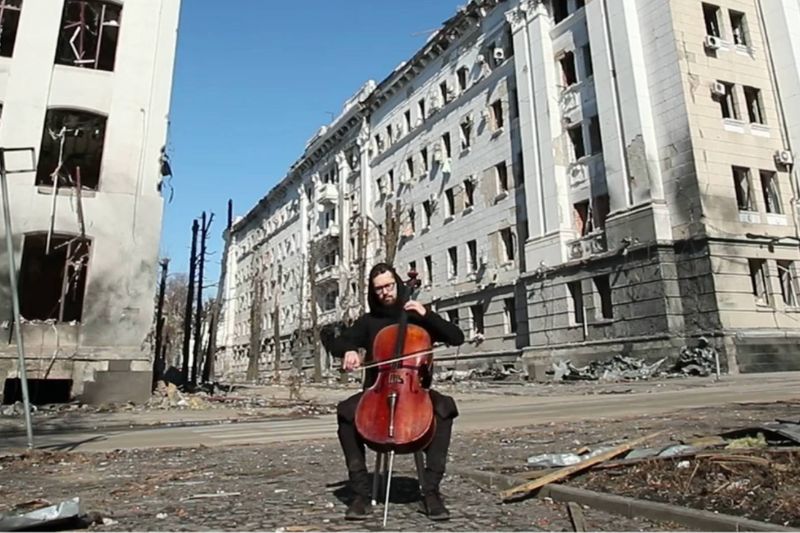
ARTS AND CULTURE
- David Rowland
- 10 November 2022
3 Comments
When people gather on Remembrance Day, commemorating the cease-fire at the end of the First World War, people take great pains to remember; a small acknowledgement of the horror of war, its loss, sacrifice and suffering. And in that time, it’s also worth pausing to reflect on those for whom wartime sacrifices and suffering are a daily reality. What do these people wish to remember?
READ MORE 
-
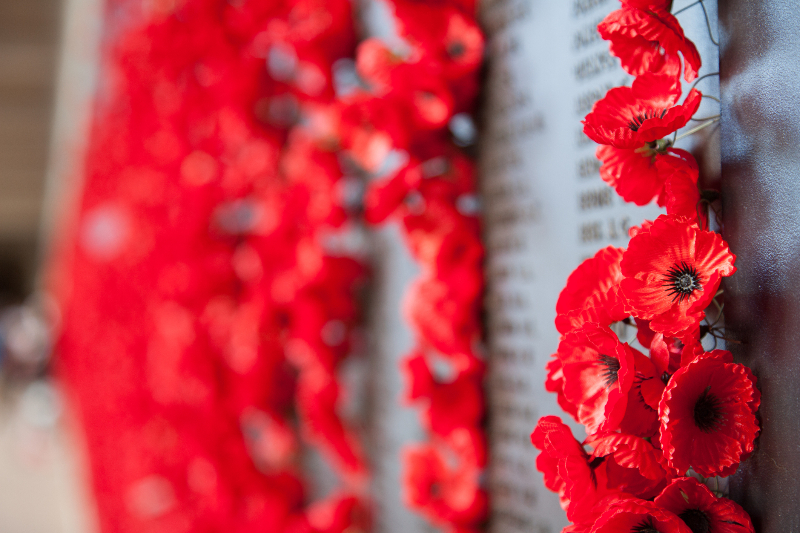
AUSTRALIA
- Andrew Hamilton
- 10 November 2021
13 Comments
Aficionados of United Nations Days and Weeks will know that this is the Week of Science and Peace. In the middle of it, perhaps deliberately and certainly paradoxically, sits Remembrance Day. Initially called Armistice Day, it marked the end of the First World War and of the industrial scale killing involved in it. The events of 1918 and what they might say about the relationship between war and science merit reflection today.
READ MORE 
-
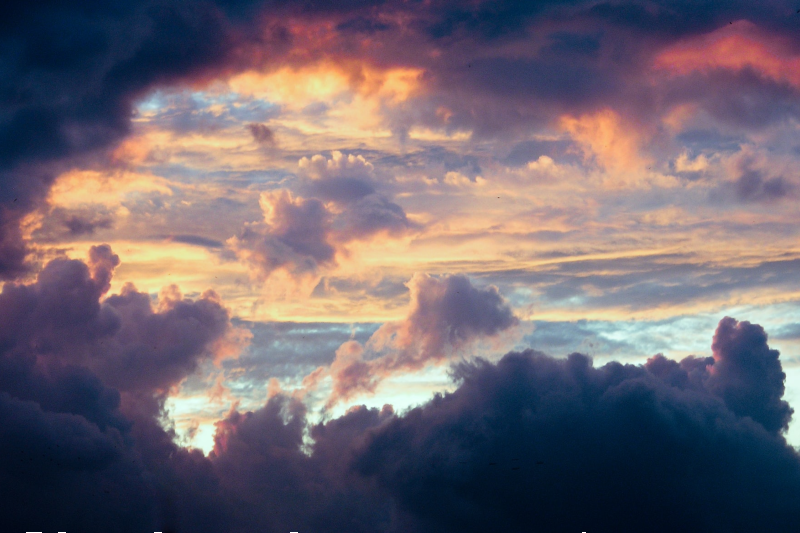
ARTS AND CULTURE
Ah, how they floated in the clouds, back before the first world war, those decent heady phrases: the common good, the living wage and how they came across the seas, those writers and professors, to study what we’d done down here.
READ MORE 
-
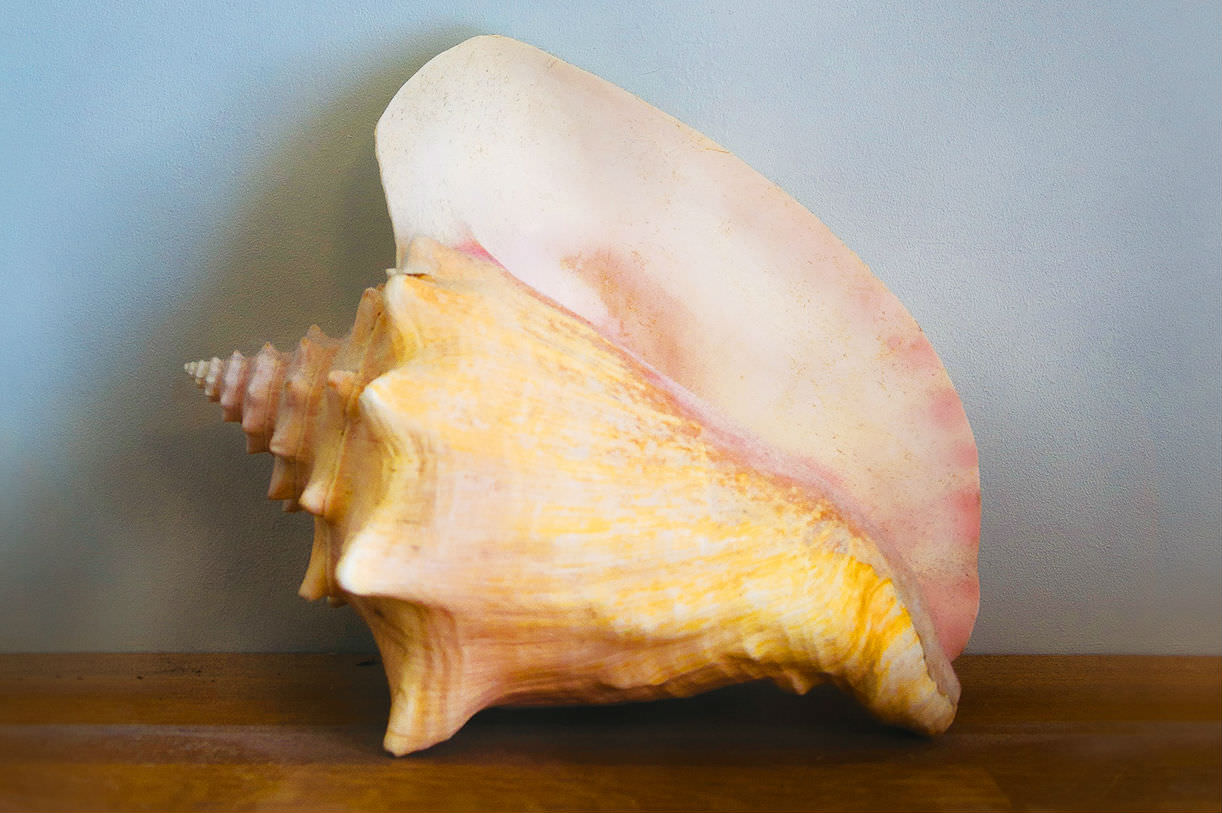
ARTS AND CULTURE
- Andrew Hamilton
- 27 October 2017
2 Comments
Brenda Niall's biographies characteristically begin with simple and enigmatic stories, whose significance becomes clearer as the book develops. This exploration of her grandmother's life takes its point of departure in two of her possessions. The first is a wooden box made for Aggie Maguire by her brother as they sailed to Australia.
READ MORE 
-

ARTS AND CULTURE
- Sarah Klenbort
- 13 December 2016
5 Comments
I will always remember the first time I saw Giacommeti's statues in in Europe. They were grotesquely thin, elongated people. Giacometti explained how he tried to make people with more flesh, but after World War II and the six million, it was impossible. And so those statues reflect the time he lived in. Queensland's Gallery of Modern Art, on the other hand, is celebrating its tenth anniversary, and has chosen fairy floss and rainbow fuzz to reflect our current society.
READ MORE 
-
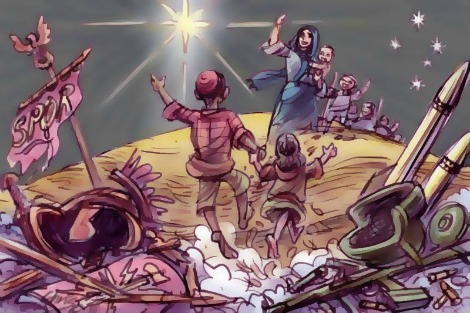
AUSTRALIA
- Andrew Hamilton
- 17 December 2015
19 Comments
The pastel coloured domesticity of the images of Jesus' birth does not do justice to its context. Herod's sending out first his spies to find where the Messiah was to be born, and then his soldiers to eradicate the threat the child posed to national security, may not appear on Christmas cards, but they frame the story of Jesus' birth. The disjunction between the tenderness of the Christmas stories and the brutality of their public context is mirrored in the conflict between the humane values of the Gospel and the harsh instrumental values of the public world in any age.
READ MORE 
-

ARTS AND CULTURE
- Tim Kroenert
- 23 April 2015
5 Comments
Vera, a latecomer to the gathering, interjects. She has worked as a nurse, has had her hands warmed by the blood of the maimed and the soon-to-be-dead of both sides of the conflict. She has lost loved ones, too — a brother, a friend, a fiancé — and the grief of their loss will be with her always. But how can violent conflict ever be truly redeemed through the trauma of more violent conflict? The German soldiers who died in the war left behind loved ones, too.
READ MORE 
-

- Simon Caterson
- 02 April 2015
4 Comments
In contrast to the sectarian suspicion expressed by elements of non-Catholic Australia towards Melbourne’s Archbishop Daniel Mannix, who opposed military conscription during the First World War, his Perth contemporary Archbishop Patrick Clune was lauded during the war as ‘pro-war effort, pro-conscription, pro-empire and pro-crown’. Clune travelled from Perth all the way to the Western Front so as to minister to the Catholic soldiers sent there, and he enjoyed warm relations with Protestants and Jews.
READ MORE